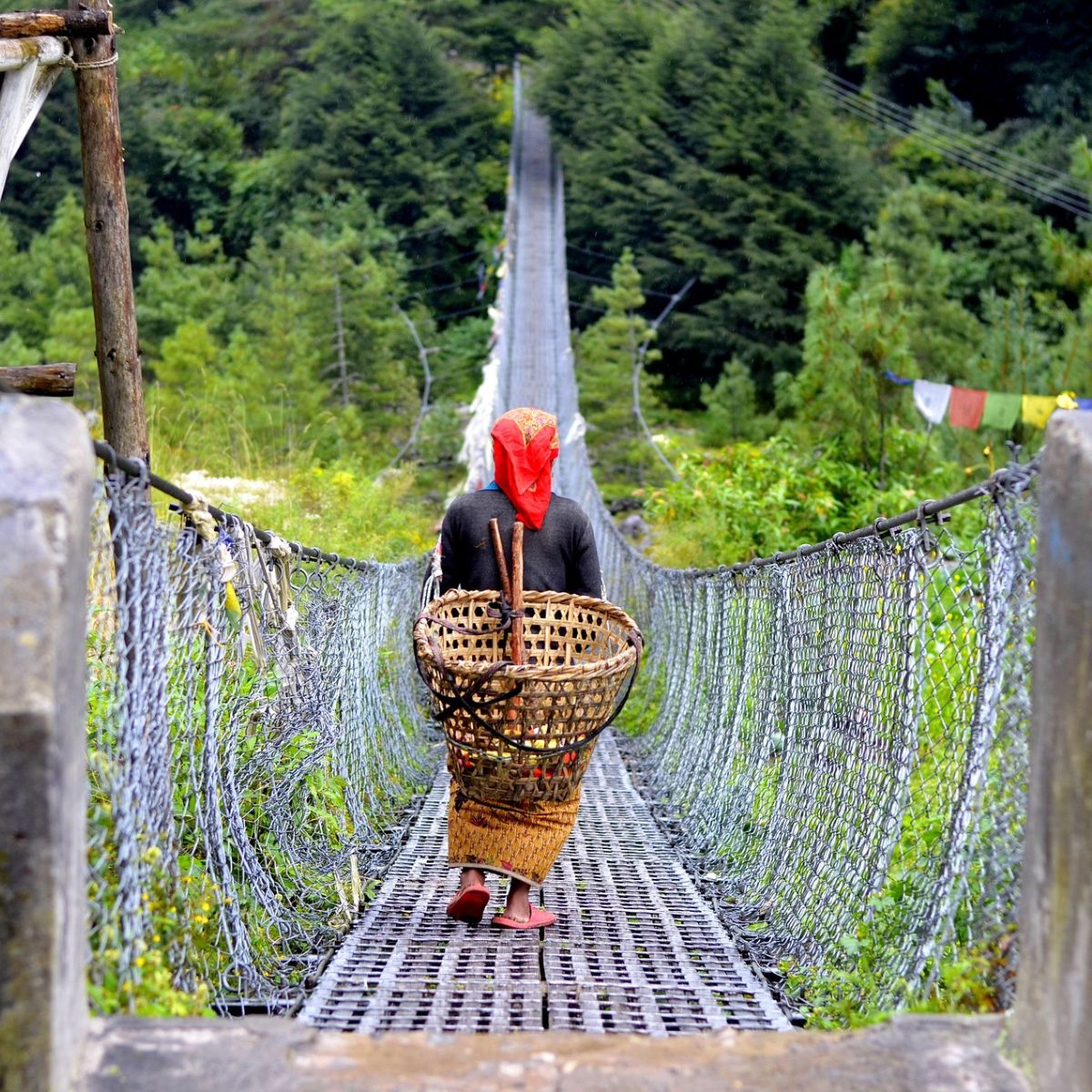Blog
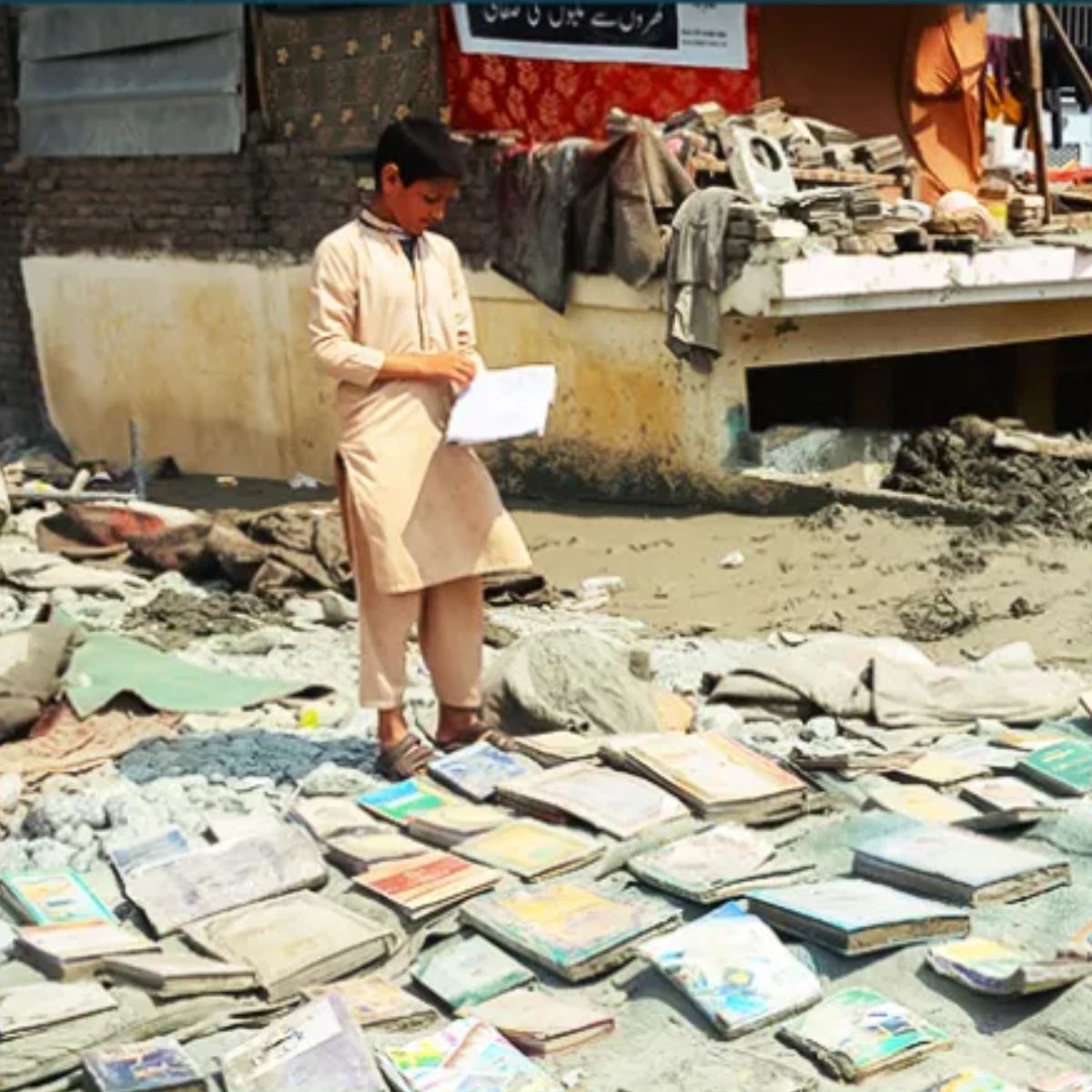
South Asia’s Fiscal Needs in the Era of Climate Shocks
The blog was published in World Bank Blogs on 2 June 2023. Read the original article here. People salvage usable items from damaged homes caused by floodwaters in Swat Valley, Pakistan. The 2022 Pakistan floods are the most recent testament to how climate-induced shocks can destabilize economies. Photo: Murtaza.Ali / Shutterstock.com South Asian countries have [...] Read More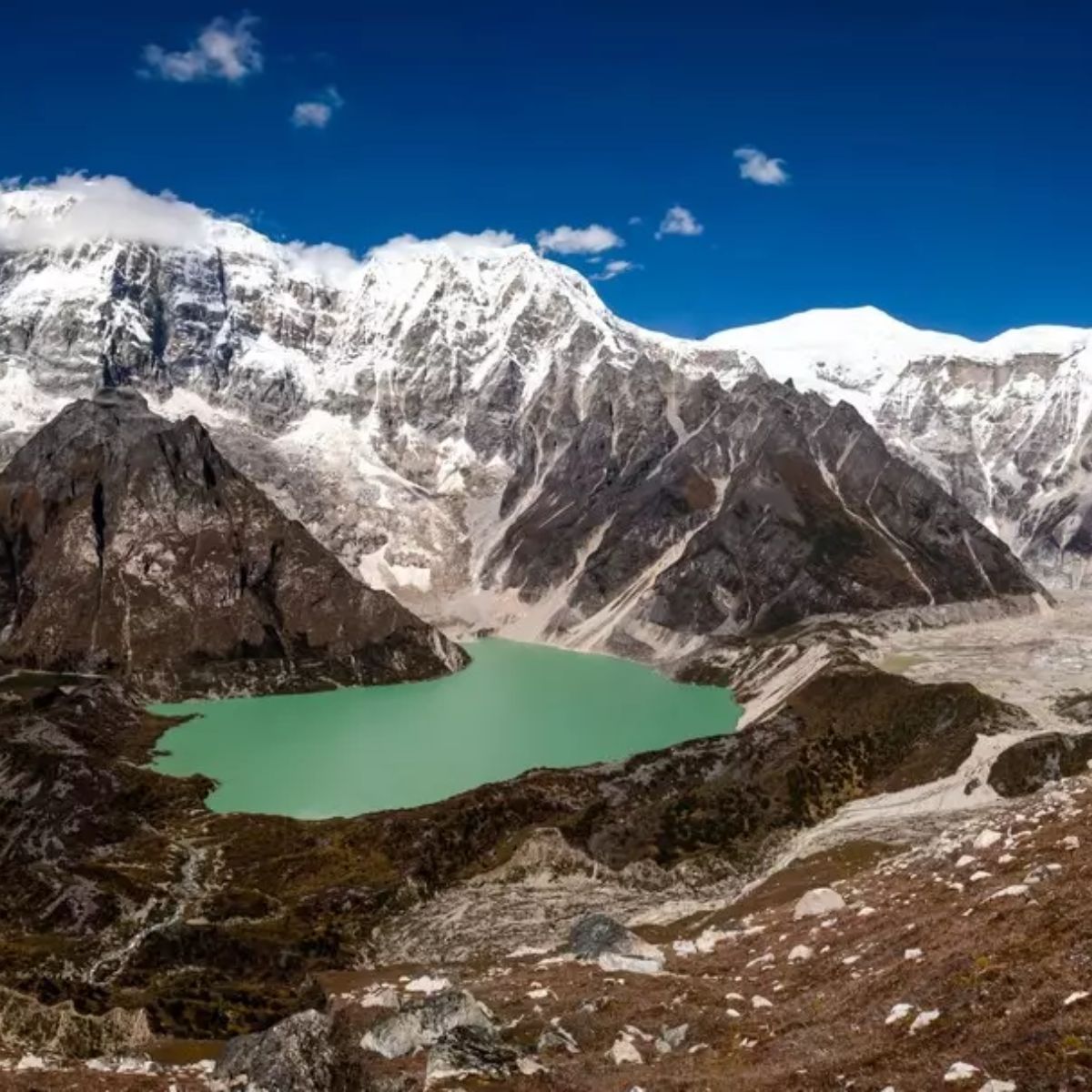
Climate Action to Avert Glacial Lake Outburst Floods in Bhutan
The article was first published by the World Economic Forum (WEF) on 1 November 2022. Read the original article here. Bhutan’s Thorthomi and Raphstreng glacial lakes are under threat of outburst due to climate change. Image by UNDP At 4,200 metres above sea level, the remote highland community of Lunana – made up of a [...] Read More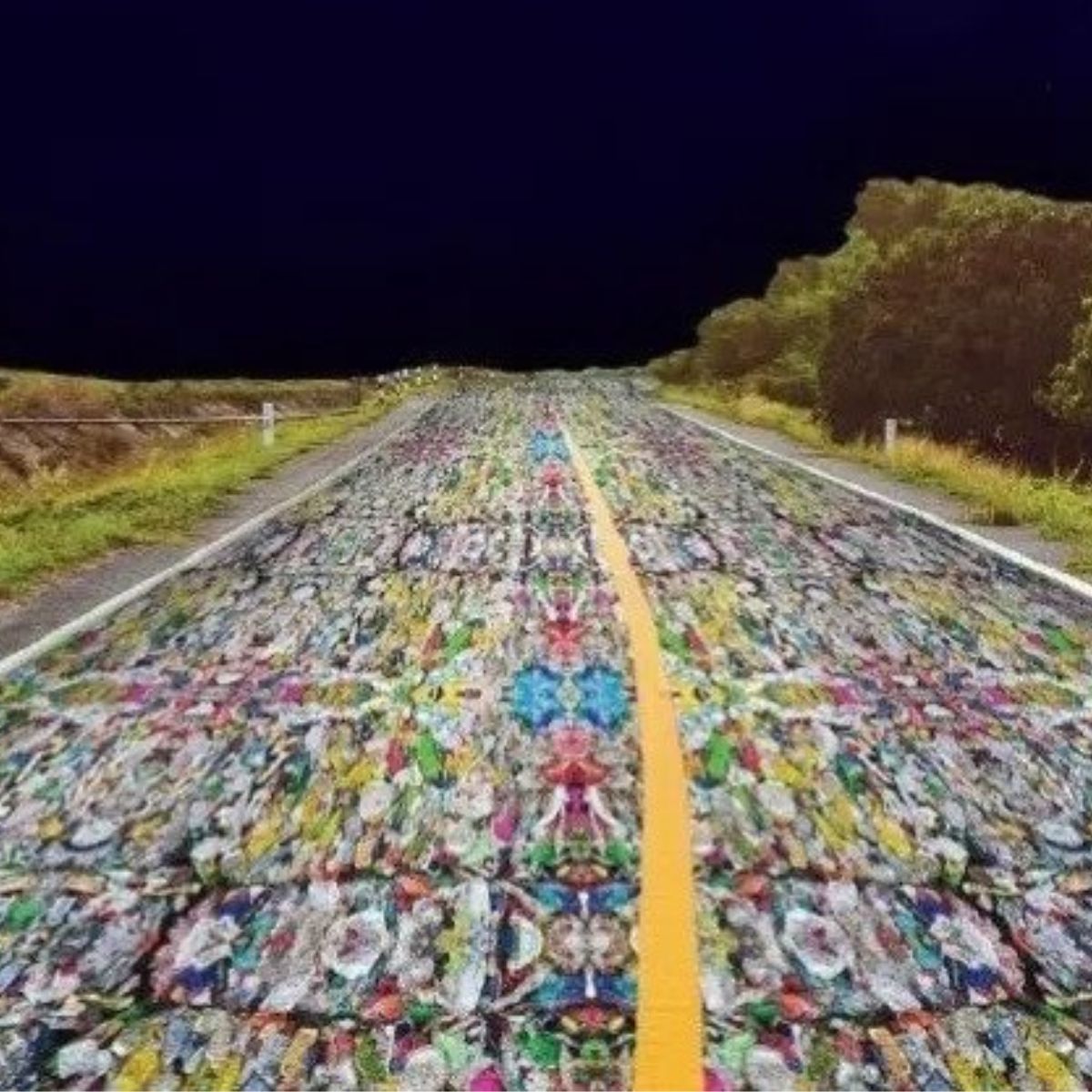
‘Plastic Roads’ Made from Waste: A Path worth Paving for South Asia?
The blog was published in World Bank Blogs on 1 June 2023. Read the original article here. As the world scrambles to find innovative solutions to the plastics waste conundrum, a road less traveled is the use of non-recyclable plastic waste in paved roads. Image: World Bank Plastics are ubiquitous in our daily lives, and [...] Read More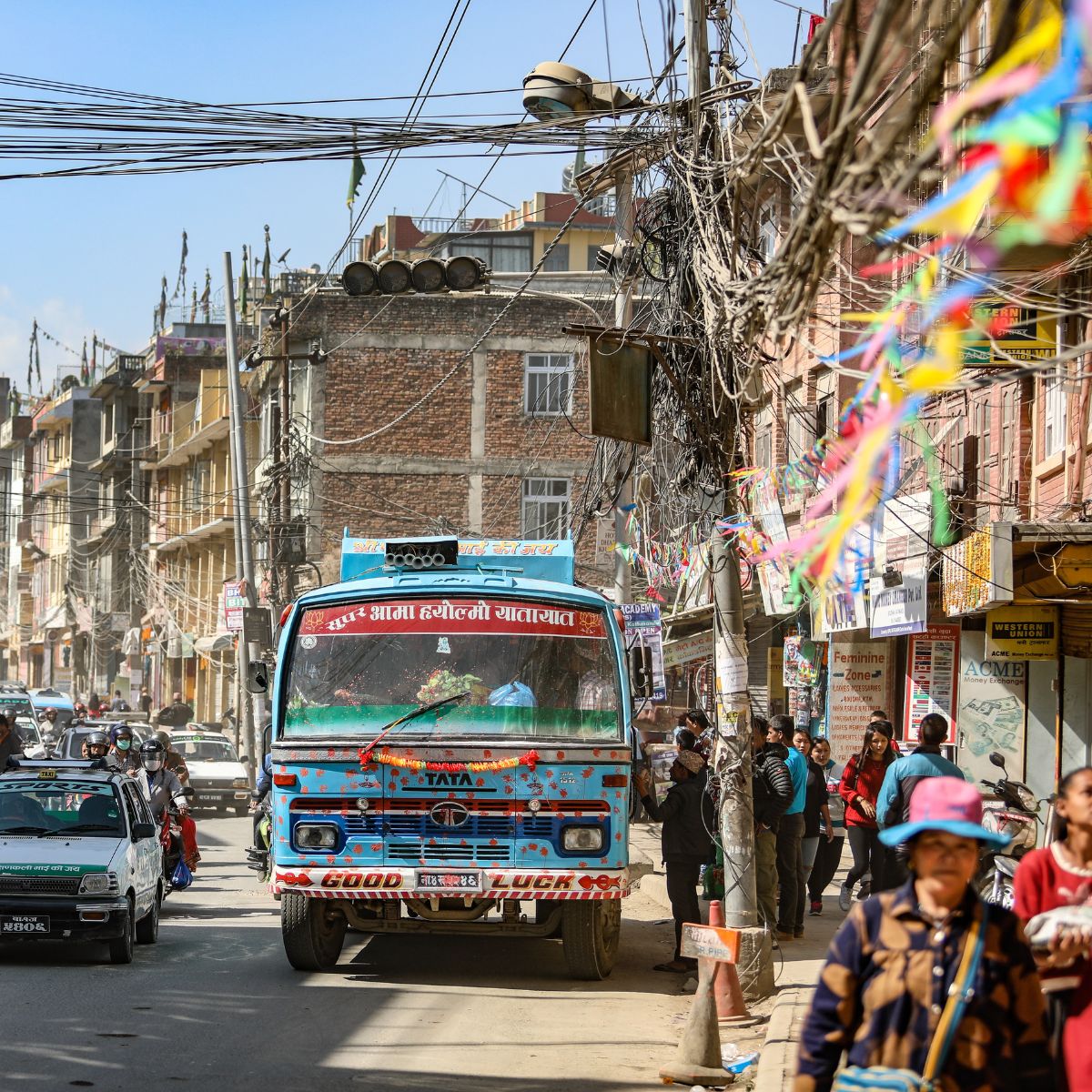
Building Climate Resilient Transport Infrastructure
This webinar was first published on Asian Disaster Preparedness Center's (ADPC) website on 5 July 2023 available here. Asian Disaster Preparedness Center (ADPC) organized a webinar on ‘Building Climate-resilient Transport Infrastructures for a Changing World’ to provide essential information and raise awareness on integrating climate risk-informed planning approaches in the transport sector. Over 120 participants [...] Read More
Accessing Climate Funds: from Government Priorities to Community Action
Graham Clark (Photo by ADPC) Graham Clark is Chairman and Chief Executive of Asia Affinity Holdings Ltd. in Hong Kong SAR, China. What are the fundamentals of accessing climate funds? Accessing funds to address climate impacts, including disaster risk reduction, is a global priority but is complex. The scale of the problem and issues to [...] Read More
Navigating Climate Change in the Maldives: Government Insights
Mr. Umar Fikry (Photo by ADPC) Mr. Umar Fikry is Deputy Chief Executive at the National Disaster Management Authority (NDMA) Maldives. What is the current environmental position of the Maldives and the climate risks involved? The Maldives is one of the world's most vulnerable countries to climate change. It's a low-lying flat island nation with [...] Read More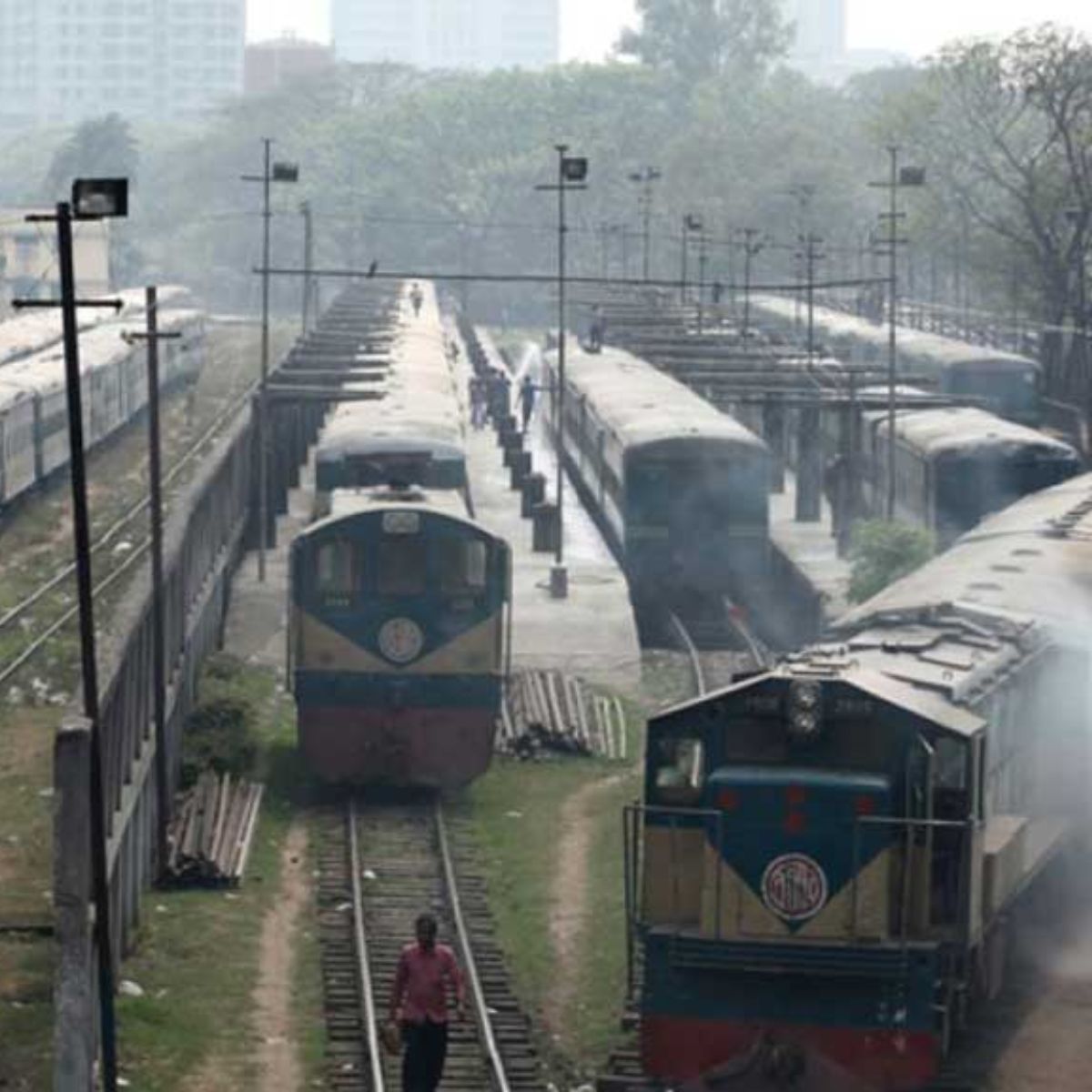
Climate Change in South Asia: 12 Things to Know
The article was first published by the Asian Development Bank (ADB) on 16 October 2014. Read the original article here. Trains depart Kamlapur Railway Station in Dhaka, Bangladesh. Photo by Abir Abdullah/ADB Unless there is a concerted effort worldwide to cut greenhouse gas (GHG) emissions, South Asia will suffer huge economic, social, and environmental damage [...] Read More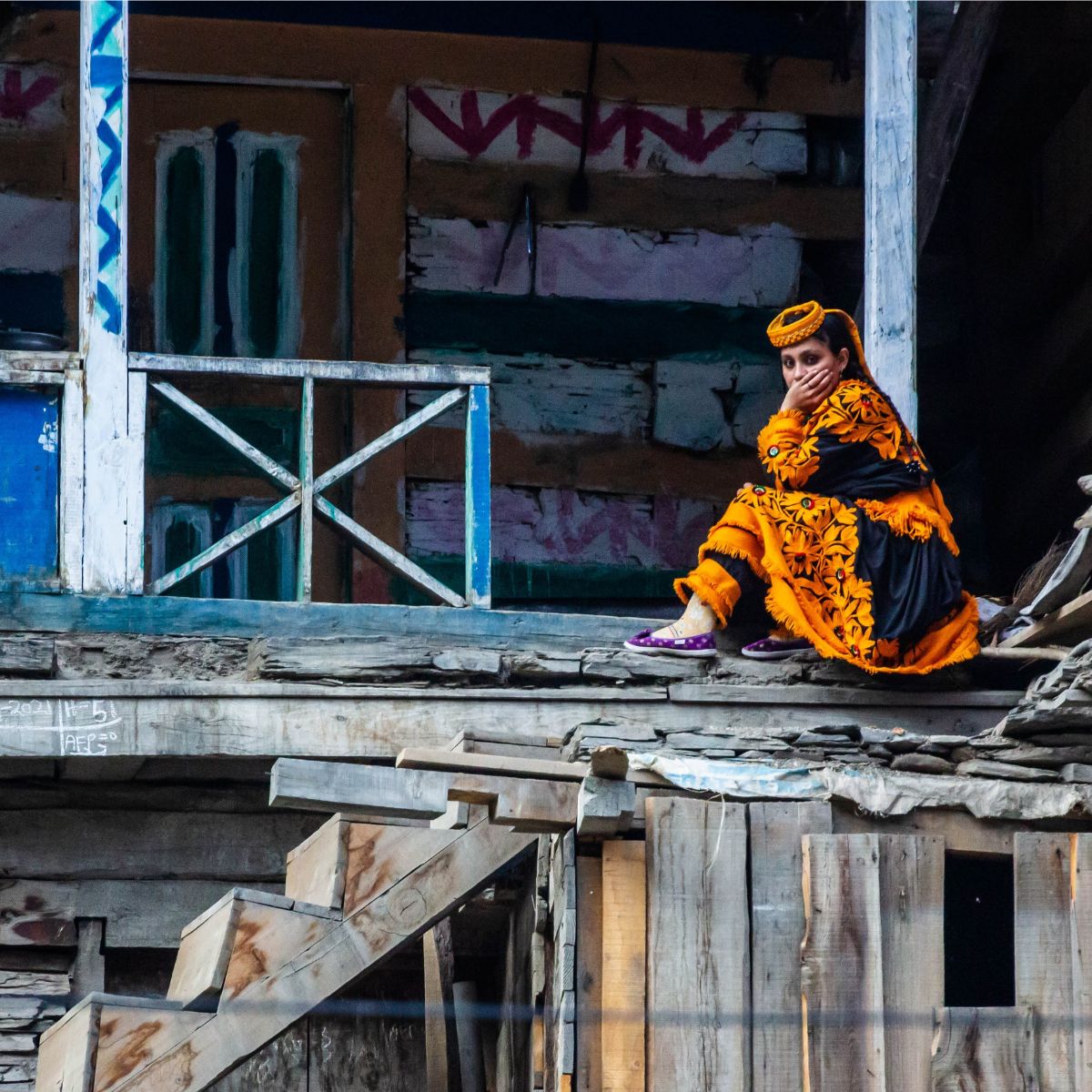
Gender Inclusion and Technology in Climate Resilience – A Civil Society Perspective
Aisha Khan (photo by ADPC) Aisha Khan is the Chief Executive of the Civil Society Coalition for Climate Change and CEO of the Mountain & Glacier Protection Organization in Pakistan. She has over 20 years of work experience at the community and policy levels to strengthen climate action by supporting inclusive and participatory practices that [...] Read More
Critical Steps for Governments to Address Climate Change: Insights from UNDRR
Mr. Marco Toscano-Rivalta (Photo by ADPC). Mr. Marco Toscano-Rivalta is Chief of the Regional Office for Asia and the Pacific, United Nations Office for Disaster Risk Reduction (UNDRR). What critical steps should countries and governments take to address climate risks? Countries need to understand better the climate and disaster risks they face by coupling together [...] Read More